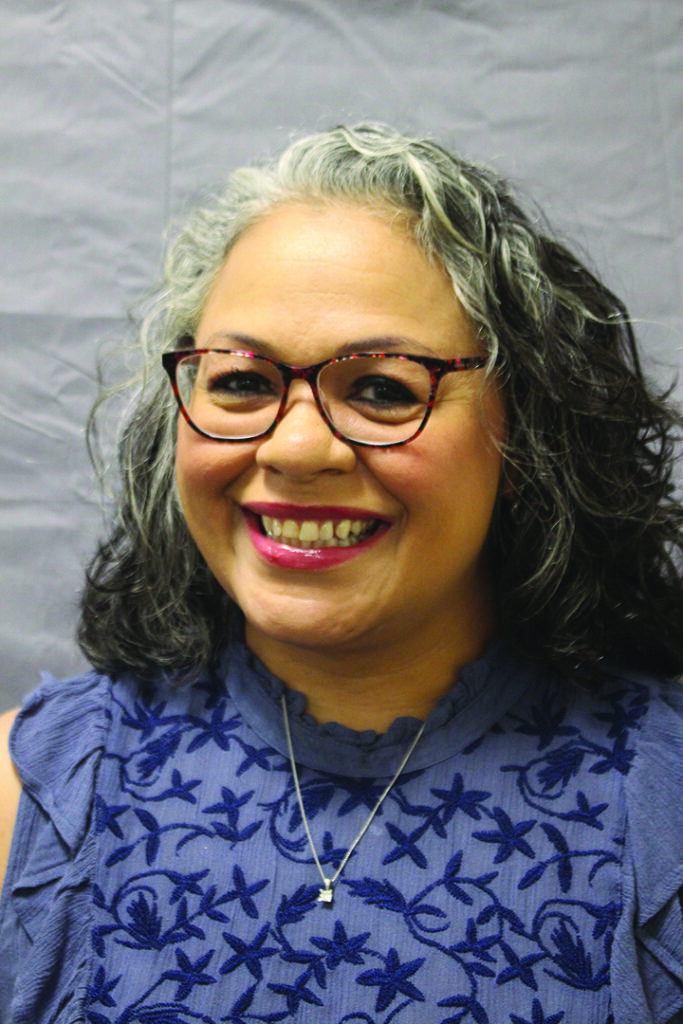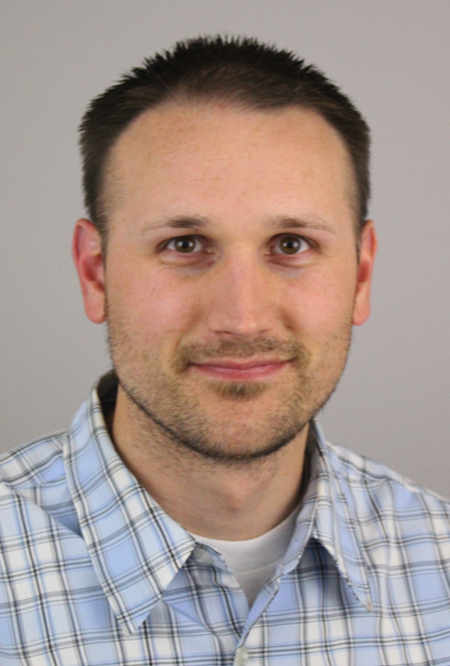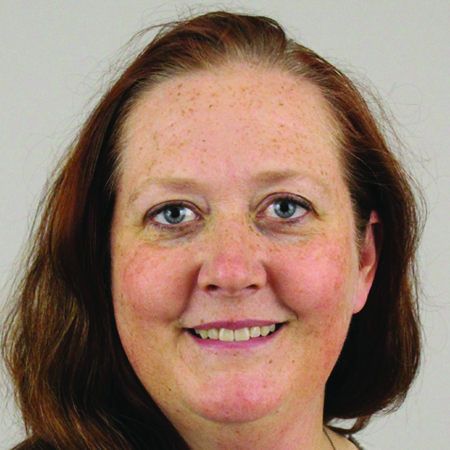Comprehensive Healthcare finalized renovations for its Mediation Assisted Treatment (MAT) center in Yakima in February, 2022. Prior to its completion, Comprehensive Healthcare spoke with some of its key providers to share options that are available to people in need at the newly renovated clinic.
The opioid epidemic has expanded to great heights, touching nearly all lives regardless of background. The MAT clinic serves people 18 and over.

Comprehensive Healthcare Addiction/MOUD team member since 2018
In the world of addiction medicine, we are fighting a terrible fentanyl epidemic compounded with the overwhelming COVID-19 pandemic. As we work to reduce harm and remove barriers to care, medications for opioid use disorder (MOUD) are becoming of increasing importance, and we want to help patients feel welcomed and safe to receive treatment here.
Once the new MAT project is complete, I foresee the dosing process to be smoother and more patient friendly. I am excited to have our patients feel more welcomed in our space. Our prior setup, while helpful to have a center to access care at all, could easily be crowded which felt like a disservice to our patients. We know when people come in to receive care, they are often already in a state of moderate distress, and we want them to feel safe and like there are no barriers to dose the treatment.
It’s also important for everyone to know that we offer specialized microdosing of Suboxone, Suboxone services and Methadone services. We are partnered with Community Health of Central Washington for obstetrician service follow through and Yakima Memorial Hospital for ED Suboxone initiation and follow through. Prescribers are welcome to call us anytime if they have questions for current and evidence-based treatment, especially Stimulant Use Disorder without combined Opioid Use Disorder.

Comprehensive Healthcare provider for opioid treatment programs since 2012
Only about 15-20% of all individuals with an opioid use disorder (OUD) are receiving medication assisted treatment (MAT) from opioid treatment programs (OTP) or an office-based MAT program. Although there are several other treatment options to assist with OUDs (including 12-step, detox, behavioral therapy, etc.), research has shown OUDs are easier to manage with prescribed medication, like methadone or buprenorphine, alongside therapy and other options.
I hope this new MAT remodel at Comprehensive Healthcare can help serve clients in a few key ways: Increasing our ability to serve more clients, improving the efficiency of dosing to reduce exposure to COVID-19 and other viruses, and lastly creating a calmer and more inviting environment where clients and staff want to come each day.
Opioid use disorder hijacks an individual’s brain by altering the reward system, so people can get easily trapped in a continuous cycle of needing opioids to avoid challenging withdrawal symptoms, which can be even more challenging when you consider co-occurring mental health disorders. We help everyone here – moms, dads, sisters, brothers, pregnant women, people with disabilities and other mental health disorders – everyone is welcome

Comprehensive Healthcare methadone program team member since 1999
The opioid epidemic has only grown more dangerous with the prevalence of fentanyl. Nearly every client we work with has been impacted by it or knows someone who has overdosed on it. The opioid epidemic in general continues to be dangerous due to the severe overdose symptoms and easily increasing tolerance to the drug which always requires more.
Our program treats over 200 clients in the community and our staff works with each person on a personal level to meet their goals to be sober and transition off of illicit substances. Sometimes it can take months or years to get there, but we’re with you the entire time. Some of my clients I’ve had the privilege to work with for 15-20 years. Everyone, even the ones hurting the most, come here on their own because they are looking to change something. Some do not make it, some do not change as fast as others, but they show up every day. Seeing this is an amazing thing and for years I have been able to experience it with my team. Our program allows the client to use methadone as a tool for recovery, not a solution. We get to work with them to help make changes, and the methadone or suboxone doses help do the necessary work of curbing the chemical withdrawal or cravings.
When the MAT renovation project is done, I am really looking forward to seeing the clients use the new space. We will have a new group area and areas for clients to be able to move more freely through the clinic without as much congestion.


